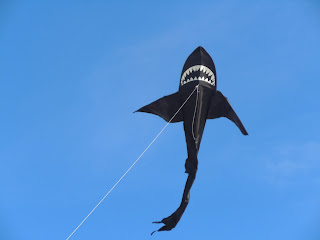Click here for the final results of the 2013 Python Challenge.
~ * ~
This blog post is primarily a photo essay for the young and the young at heart. Plus engineers, builders of all ages, and anyone who can appreciate the intricacy of Lego constructions. And then there are all those rollercoasters for people who are not faint of heart. (I do not number myself among them, but the other seven members of my family, including the six-year-old, enjoyed them immensely.) And if you're too far away to have Legoland, Florida, in your future, I hope you will it enjoy it vicariously through these photos.
The family immediately headed for the Medieval area, which boasts a wooden rollercoaster.
Having taken a good look at the Legoland map the night before, I hired a cart so I could take it easy while everyone else ran from one place to the next. (Yes, that's me hiding in the shadows. Loved that cart!)
 | ||||
| A glimpse of the wooden coaster |
 |
| Lego Pharoah outside a shooting gallery |
 | ||
| The 3 grandgirls on the right |
 | ||
| Amazingly real "elephants" on the Safari ride |
 | ||
| Guarding the "Coastersaurus" |
It looks like Legoland is going to run to more than one blog - I don't want to overload Blogger's system or strain the patience of those who prefer bon mots to photos!
Look for the next Lego post after Dictionary for Writers, Part 3. It will include Lego versions of Star Wars, New York City, Vegas, the Space Shuttle & much, much more.
Thanks for stopping by.
Grace
Click here for a list of Grace's books as Blair Bancroft

















